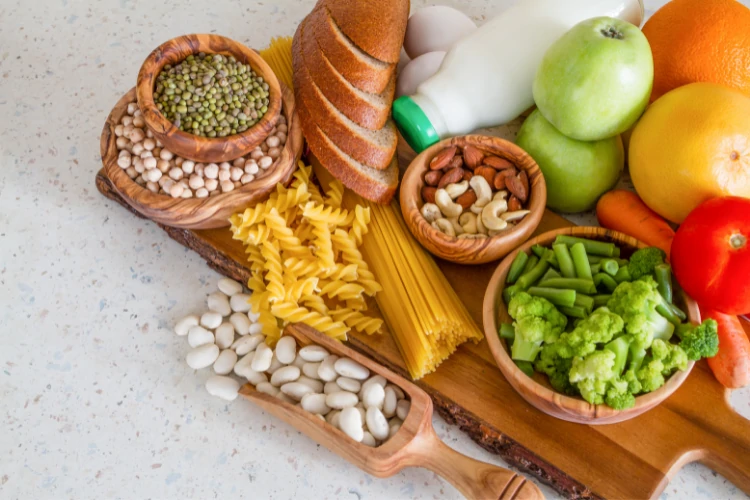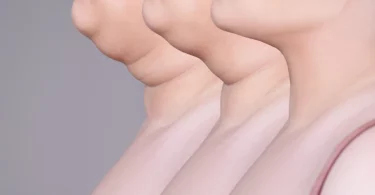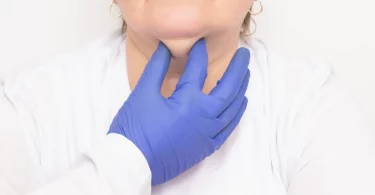
Age-related changes in the brain are a gradual decrease in mental performance due to disturbances in the structure of nerve cells, inter cellular connections, and a reduction in the volume of gray matter. Changes occur at all levels: from tissues to molecules, and begin to form before the age of 20-25. In youth, this is imperceptible: they are compensated by the plasticity of the brain and its high ability to heal itself.
Over time, age-related changes are more noticeable:
- People remember less.
- It is more difficult for them to concentrate.
- They learn more slowly and more often make mistakes in everyday activities.
But this does not mean that you can abandon cognitive functions. For example, research results suggest that people perform better on verbal and spatial reasoning tests in adulthood than younger people.
But is it inevitable? Or can there be a way to slow down and even prevent the effects of age-related cognitive decline? Continue reading to discover the best things you could do to take care of your brain.
Use it, or lose It

The best way to prevent your brain from deteriorating is to use it more. The more you challenge your brain, the more you will produce the necessary neurotransmitters that encourage plasticity and keep you learning and agile.
As we get older, one of the big problems is that we tend to stop learning new things or subjecting ourselves to new experiences. The stop of learning can lead to the brain becoming less malleable and adaptable – the connections you no longer use will be ‘pruned,’ and the ones you use will become strengthened, making it hard to ‘learn new tricks.’ Just like an old dog!
This will also reduce the number of neurochemicals like dopamine and norepinephrine you produce. The result is that you become less interested in new things, less motivated, and generally less cognitively nimble.
Move More

Daily physical activity in 45 minutes of aerobic and strength exercise increases mental performance in people over 50. At the same time, the results of other studies report that in people over 50 years old who do not engage in physical activity, five years of brain aging is comparable to ten years.

Nutrition

This was obvious: nutrition is essential if you want your brain to be more powerful and healthy as you age. Good food helps your brain get all the micronutrients it requires to function at its best. That includes amino acids that repair the damage, fats that aid in communication, and vitamins and minerals that enhance neurochemicals and signals throughout the brain.
You can cause cumulative damage if you don’t get enough nutrients as a teenager. This could lead to long-term health problems later on. You must ensure that your brain is getting the proper nutrients and avoid drinking alcohol. Antioxidants are also vital to protect the brain against harmful free radicals that could cause tumors.
Want even more help upstairs? These are the supplements to know about for boosting brain function. And this is what happened when athletes tried nootropics to increase their productivity at exercising.
Look after your brain in your youth, and it will take care of you when you’re older!





Leave a Comment